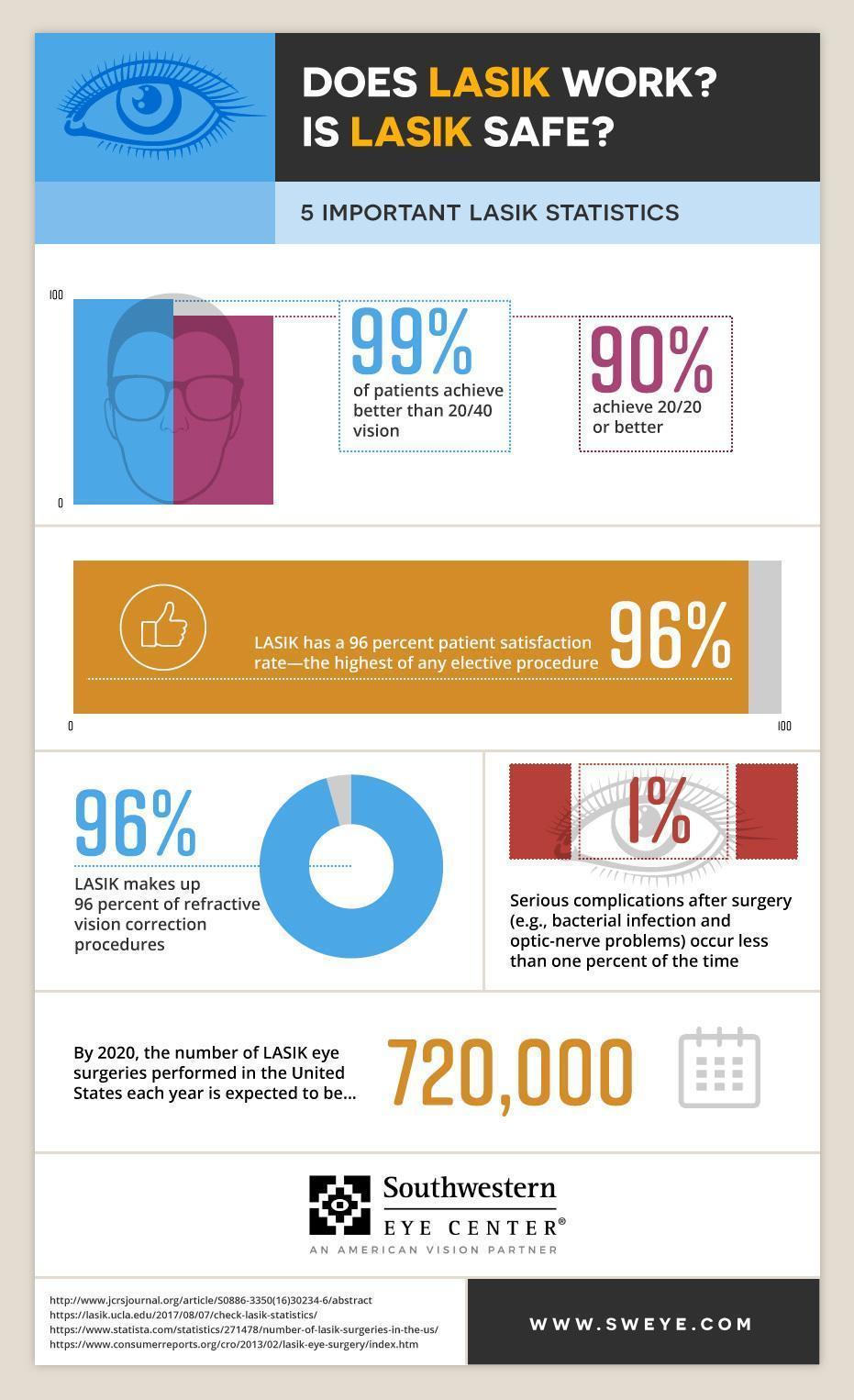Dry Eye Remedies: When To See An Eye Doctor Rather Than An Eye Doctor
Web Content Created By-Thomsen Langballe Dry eye symptoms can be aggravating and awkward. You may wonder if you need to see an eye doctor or an ophthalmologist for alleviation. Eye doctors typically manage moderate to modest situations with effective therapies. Nevertheless, if your symptoms persist or get worse, it may be time to take into consideration a professional's care. Understanding the right path for your situation is essential— so what elements should you take into consideration prior to making that visit?
Comprehending Dry Eye Effects
Have you ever before experienced a consistent experience of dryness in your eyes? This discomfort can be greater than simply an aggravation; it typically signifies a typical problem referred to as completely dry eye. Omaha Optometrist V Ophthalmologist might observe redness, itching, or a sandy feeling, making it tough to focus. In some cases, your eyes may also sprinkle exceedingly as they try to compensate for the absence of moisture. You might likewise experience obscured vision, particularly after prolonged display time. Identifying these signs and symptoms is important for handling dry eye efficiently. Factors like extended display use, environmental irritants, and particular medicines can exacerbate these feelings.
Function of Optometrists in Dry Eye Monitoring
Eye doctors play an important duty in handling completely dry eye, working as your main source for medical diagnosis and treatment. They begin by examining your signs and doing extensive eye examinations to recognize the underlying root causes of your pain. With their experience, they suggest customized treatment plans, which may include fabricated rips, prescription medicines, or lifestyle alterations. Eye doctors also educate you on correct eye care practices to aid minimize signs and symptoms. If your condition requires a lot more specific focus, they'll refer you to an eye doctor. Normal examinations with your optometrist make certain that your completely dry eye management is effective, permitting modifications to your treatment as required. Trust fund your eye doctor to lead you through the procedure of discovering relief from completely dry eye symptoms.
When to Consult an Eye doctor
When should you consider consulting an eye doctor for your completely dry eye symptoms? If click over here now linger in spite of over the counter treatments or intensify over time, it's time to see a specialist. You need to also reach out if you experience serious pain, vision changes, or if your eyes show up red and puffy. An ophthalmologist can diagnose hidden problems like blepharitis or meibomian gland dysfunction that might need more advanced treatment. If you have a background of eye surgical procedures or chronic conditions such as rheumatoid arthritis, it's wise to speak with an ophthalmologist as well.
Final thought
In summary, if you're experiencing completely dry eye symptoms, start by going to an eye doctor for a customized treatment plan. They can help with light to moderate concerns making use of man-made tears and way of living changes. Nevertheless, if your signs persist or aggravate, don't hesitate to consult an eye doctor for even more customized treatment. Taking these actions can lead to far better monitoring of your completely dry eye signs and improve your overall eye wellness. Keep in mind, your convenience and vision are worth it! 